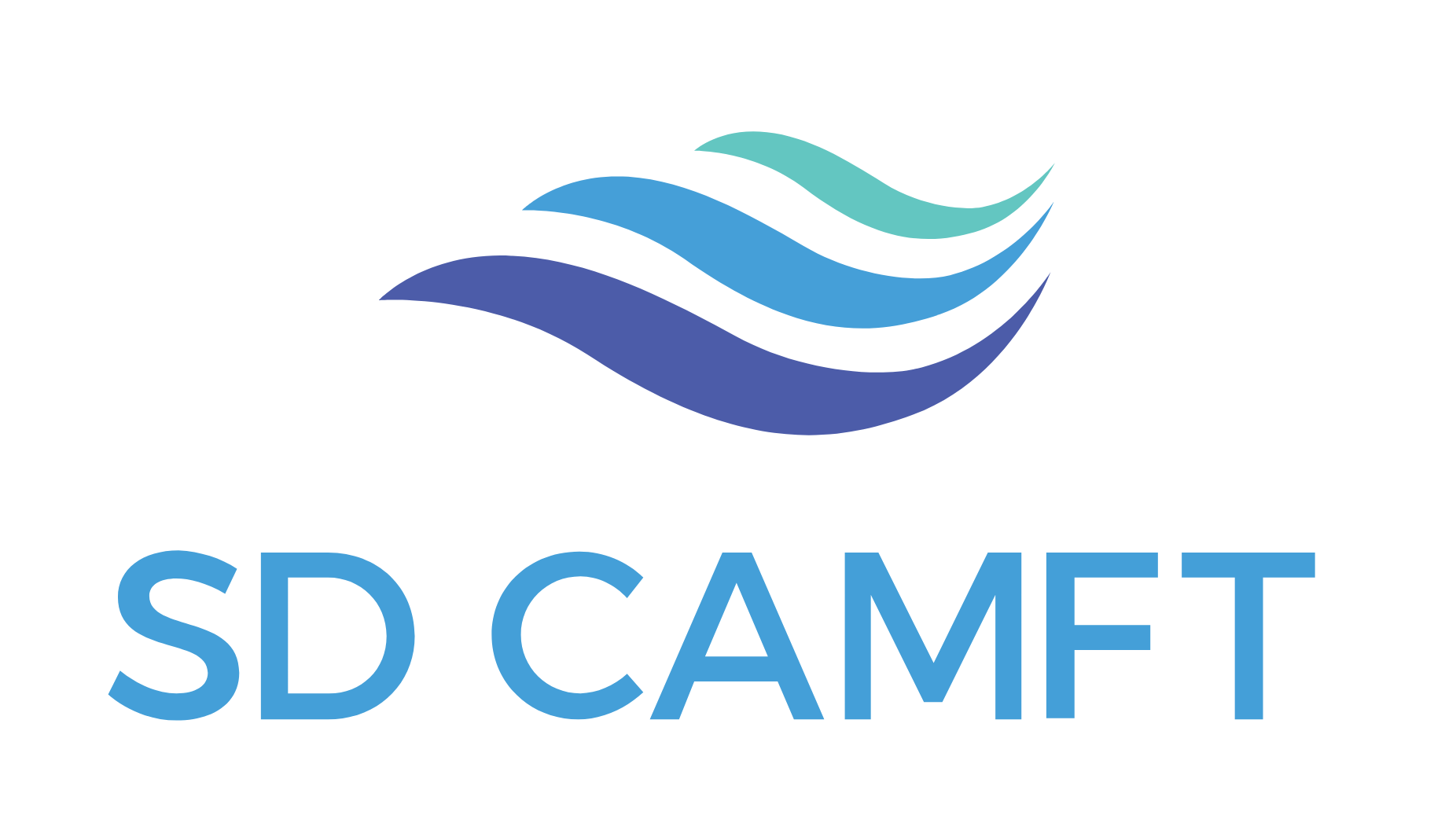|
COURSE DESCRIPTION
This presentation will introduce and familiarize therapists with Transcranial Magnetic Stimulation (TMS), a non-drug treatment for depression, anxiety, OCD, and PTSD, and help the therapist understand the efficacy of TMS when paired with psychotherapy, and vice-versa.
This presentation also intends to help therapists understand when to refer patients for TMS, how to educate patients about TMS, how therapeutic outcomes can be enhanced by TMS, and the science behind TMS and how it works.
TMS is a safe, non-drug, non-invasive treatment that was FDA approved in 2008. It has an efficacy rate of over 70% and is well-tolerated with relatively few side effects. It has widespread insurance coverage.
TMS helps create new neural pathways, which help a patient achieve long-lasting (1 year+) and durable reduction in depressive or anxious symptoms in 70%, or total remission in 33%+.
Many studies show that the highest efficacy with TMS is achieved when it is done in conjunction with psychotherapy. Furthermore, psychotherapy outcomes are usually improved when patients with depression, anxiety, PTSD, or OCD complete a course of TMS treatments concurrently.
TMS was originally intended to target treatment-resistant depression, but it is proving to be effective for all types and severity of depression, anxiety, and other mental health conditions. TMS also helps patients gain relief from symptoms that were otherwise complicating progress in therapy. There is a strong mutually beneficial relationship between psychotherapy and TMS.
EDUCATIONAL GOAL
1) Understand the Basics of TMS
Gain a foundational understanding of what TMS is, including its physiological mechanisms and how it works in the brain.
2) Explore TMS Effects on Mental Health
Learn about the impact of TMS on brain networks, neurotransmitter regulation, and symptom reduction, particularly for conditions like depression, anxiety, PTSD, OCD
3) Enhance Knowledge of TMS's Role in Therapy
Understand how TMS interacts with various therapeutic modalities (e.g., CBT, DBT, EMDR) and the concept of synergy between TMS and talk therapy.
4) Recognize TMS as an Augmentation Strategy
Recognize how TMS can be used to augment therapy results and how therapists can support clients during TMS treatment to maximize its benefits.
5) Identify Candidates for TMS
Learn when and how to refer clients for TMS treatment, including identifying appropriate candidates and understanding contraindications.
6) Develop Skills to Monitor and Support Clients Undergoing TMS
Gain strategies for providing emotional support to clients undergoing TMS, managing expectations, and addressing potential side effects or emotional dips during treatment.
7)Adapt Therapy Based on TMS Progress
Learn how to track client progress during TMS treatment and adjust therapy plans accordingly to enhance outcomes.
8)Understand Collaboration with TMS Providers.
Learn how to effectively collaborate with TMS providers to integrate their insights into ongoing therapeutic work.
9)Navigate Practical Considerations for TMS
LEARNING OBJECTIVES
Attendees will be able to make more informed decisions by being able to:
- Identify and describe the physiological mechanisms of TMS.
- Assess when to refer a client for TMS treatment
- Apply strategies to support clients during TMS treatment.
An outline of the program will be emailed to attendees prior to the event.
|
TARGET AUDIENCE
This event is for mental health professionals, all levels.
COST
$60 for Chapter Members
$99 for Non-members
$20 for Pre-Licensed and Students
Refund/Cancellation Policy
Please visit our website: www.camft-sandiego.org/grievance
ACCOMODATIONS & GRIEVANCES
Please email the Education Chair at education@camft-sandiego.org
CERTIFICATES
Course Completion certificates will be awarded electronically in exchange for a completed evaluation form. Please make sure the Program Administrator has your correct email.
Course meets the qualifications for 4 hours of continuing education credit for LMFTs, LCSWs, LPCCs and LEPs as required by the California Board of Behavioral Sciences. Partial credit will not be awarded.
Participants must be present for the entire length of the workshop to be awarded credit. Participants will not be given CEU credit if they are more than 15 minutes late and/or do not stay for the entire length of the workshop.
This course is provided by the San Diego Chapter of the California association of marriage and family therapists (Provider #57330) is approved by the California association of marriage and family therapists to sponsor continuing education for LMFTs, LCSWs, LPCCs and LEPs. San Diego chapter of the California Association of Marriage and Family Therapists maintains responsibility for the program and all its content.
Please email the CEU Chair at ceuchair@camft-sandiego.org
|
